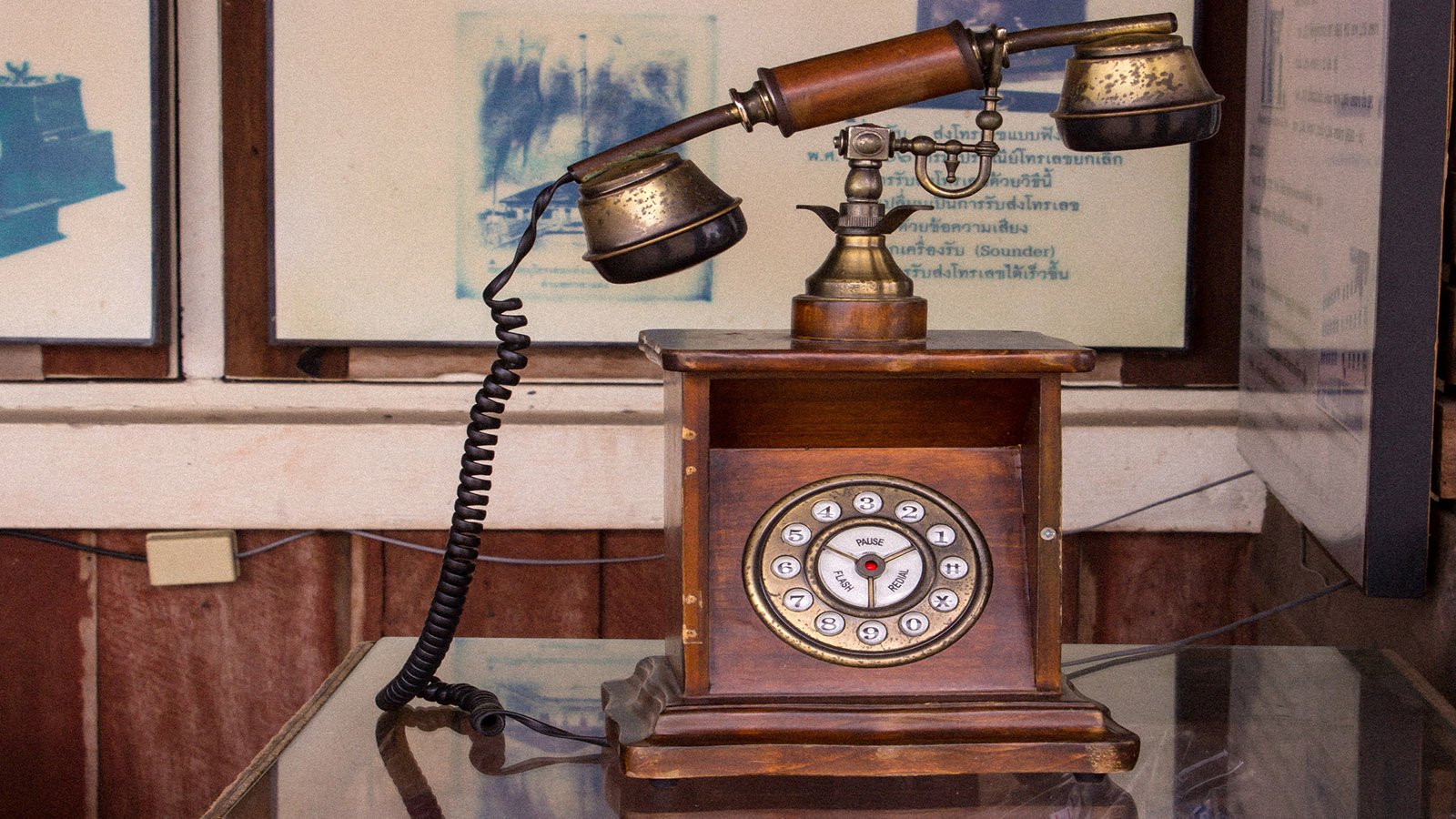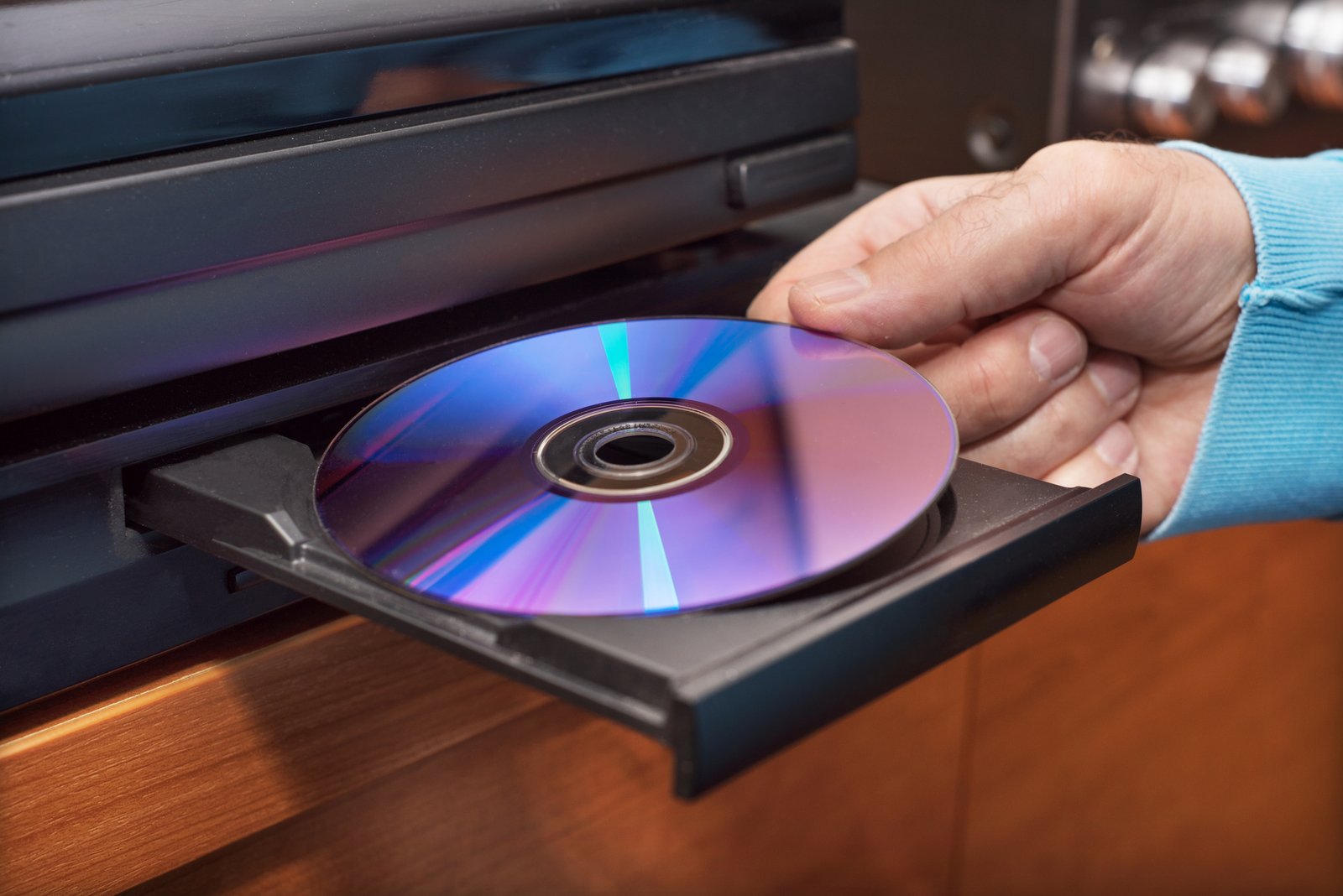The Baby Boomer generation is widely recognized for their substantial influence on shaping popular culture and establishing trends that have impacted subsequent generations. However, as is the case with every generation, not all of their ideas and preferences have withstood the test of time.
There are specific things that Boomers might still respect, but these things do not resonate as trendy or relevant with the younger generations. Let’s examine some of these things and uncover why they may not be as appealing as Boomers believe.
Encyclopedias

Previously, possessing a complete set of encyclopedias indicated one came from an educated household. Nowadays, you’re more likely to find encyclopedias serving as quirky bookends than as a source of information, with most people preferring to search Google for the latest information quickly. At present, there is only one encyclopedia in America that is still in print.
Landline Phones

Landline phones were once a standard fixture in every home, but with the surge of cell phones and other mobile devices, they have largely become obsolete for the younger generation. While some Boomers may hold onto their landlines out of habit or nostalgia, most young adults find them outdated and superfluous.
Gender-based Roles

During the Boomer generation, distinct societal roles were assigned to men and women, both at home and in the workplace. Traditional gender roles designated men as breadwinners and heads of households, while women were expected to be caretakers and homemakers. This paradigm is rapidly evolving as women increasingly pursue roles traditionally occupied by men.
Paper Maps

There was a time when navigating with a paper map felt like holding the entire world in your hands. Today, the thought of someone unfolding a large map in their car instead of using their phone’s GPS seems hopelessly outdated. It’s a change most of us welcome since navigating via digital maps is considerably easier than using paper ones.
Age Hierarchy

Many societies traditionally regarded their older members as wise elders and leaders. Respect was often based solely on age, with a prevalent belief in the superiority of the elderly. This view is losing its relevance in modern society, where respect is increasingly based on merit rather than age.
Fax Machines

Fax machines were once vital in business settings. However, with the rise of email and other digital communication methods, fax machines have become obsolete. Although some Boomers still use fax machines out of convenience or familiarity, younger generations view them as bulky and inefficient.
VHS Tapes

The weekly ritual of browsing movie aisles at Blockbuster was a highlight for many, but both physical media and Blockbuster stores have nearly disappeared. VHS tapes now primarily evoke nostalgia among older people, while younger generations are likely to be confused by them.
Corporate Loyalty

Lifetime employment at one company was highly valued during the Boomer era. However, as the job market has become more dynamic and centered around employees, the concept of unwavering company loyalty has diminished.
CDs and DVDs

In the late 1990s and early 2000s, CDs and DVDs were the primary media for music and movies. However, the advent of streaming services like Netflix and Spotify has made physical media less appealing. While some Boomers may still cherish their collections of CDs and DVDs, younger generations prefer digital formats.
Checkbooks

Writing checks at the checkout used to carry a certain charm, especially with a favorite pen. However, today, if you start writing a check-in line, expect puzzled looks from others who favor faster, app-based payment methods.
Throw Pillows

Interior design tastes have shifted, and what once appeared cozy and stylish can now seem cluttered or excessive. Although Boomers may enjoy a plethora of throw pillows, younger generations generally favor a more minimalist approach.
Material Wealth

For Boomers, material possessions were often a symbol of success. Nowadays, younger generations prioritize experiences and personal fulfillment over accumulating material goods. Boomers might focus on saving for the future, while younger people seek flexible, fulfilling work environments.
Everything Denim

Boomers might remember a time when denim dominated, with matching jean jackets and pants. However, younger generations see denim more as a statement piece rather than an everyday staple, and they often incorporate various fabrics into their wardrobes.
Analog Illiteracy

Technology is integral to daily life today, but Boomers grew up in a more analog world with traditional communication methods like handwritten letters and landline phones. This reliance on older technologies has shifted with the widespread adoption of smartphones and online messaging.
The Phone Book

The phone book, once essential for finding contact information, has nearly vanished. Most young people would not recognize a phone book’s purpose, making it nearly obsolete in today’s digital age.
Visors

Visors were once a popular choice for outdoor activities but have lost their appeal to younger generations. With advancements in sun protection and more fashionable options like hats and sunglasses, visors are now seen as outdated and impractical.
Word Processors

The reputation of typewriters, which once demanded respect for their mechanical precision, has changed dramatically. They are now considered more of a collector’s item, with few people taking them seriously for writing.
Formal Dress Codes

In the Boomer generation, strict adherence to a dress code was seen as a sign of professionalism. Today, such formal dress codes are often viewed as unnecessary and overly restrictive in a more casual professional environment.
Film Rolls

The days of dropping off film at a store and waiting to see if your photos were masterpieces or flops are over. We’ve become accustomed to instant photo results, and the idea of waiting even an hour for photos seems bizarre. This shift has also significantly shortened our patience.
Khaki Pants

Khaki pants were a fashion staple for many Boomers but are now seen by younger generations as outdated and typically worn by older adults. While still comfortable and practical, they are not considered stylish or trendy by younger standards.
Attitudes Toward Mental Health

For boomers, addressing mental health meant pulling oneself together instead of seeking professional help. This attitude, however, is fading as understanding and empathy towards mental health issues improve, reducing stigma and promoting overall well-being.
Consumerism

Boomers once equated owning many possessions with happiness and success. However, as awareness of environmental and social issues grows, this materialistic outlook is seen as superficial and unsustainable. Younger generations now value sustainability and experiences more than accumulating things, making the consumerist attitudes of the past seem outdated.


